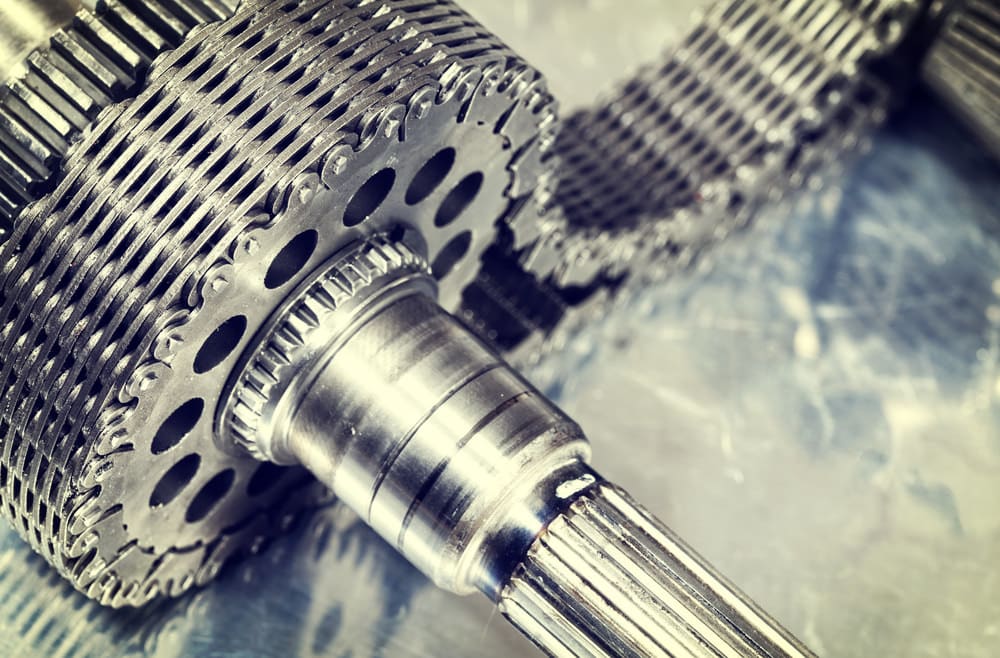

Your timing chain is absolutely essential to the operation of your vehicle. If it breaks, your car isn’t going to go anywhere, and you could end up with engine damage. So, how does the timing chain work, and what happens if it fails?
The basics
All piston engines have a crankshaft and a camshaft. The pistons move up and down, and the crankshaft delivers power from them and changes that power to a rotating motion. Then, the crankshaft drives the camshaft by means of a chain. At the other end of the crankshaft is the transmission, which is responsible for powering your wheels. The camshaft opens and closes the intake and exhaust valves. For each of the engine’s cylinders, the camshaft opens the intake valve, letting in a mixture of air and fuel. Then it opens the exhaust valve so that the burned fuel gases can be released. The valves have to be opened and closed at just the right time. This process is known as camshaft timing, or valve timing.
Timing methods
There are two ways to achieve valve timing. The first is the two gear method, and it’s the most reliable. A crankshaft gear simply meshes with a camshaft gear. These gears hardly ever fail, and are usually good for the life of the engine. This is the method used in most types of heavy equipment and big trucks. It’s also used in some cars.
The timing chain method is more common with cars, especially those of a certain age. Most modern vehicles are equipped with timing belts, although some still have timing chains. The timing chain can stretch, and that affects performance. Also, some vehicles have plastic camshaft sprockets, and if they overheat they can melt. Then the chain skips, and the engine stops. If the piston comes up at the same time as a valve fully opens, the valve could bend, and the engine could even be ruined.
Identifying a bad timing chain
You’ll usually notice some signs before you end up with a broken timing chain. The most common tip-off is a rattling noise coming from the front of your engine, particularly if it’s idling. Plastic chunks in the oil are another indication that a timing chain replacement might be warranted. If you find plastic in your oil following an oil change, the cam sprocket is likely ready to fail. When this happens, these chunks can end up in the screen of the oil pump, causing your car to lose oil pressure. And once the pressure gets too low, timing chain failure is pretty much inevitable.
The last thing you want is for your timing chain to fail, because it can cause a great deal of damage to the engine, sometimes even destroying it. So make sure that your timing chain is in good repair, listen and look for hints that all might not be as it should be, and have your mechanic replace it if necessary.



